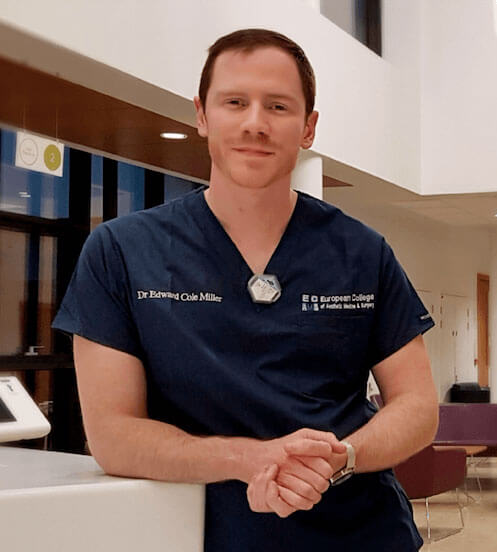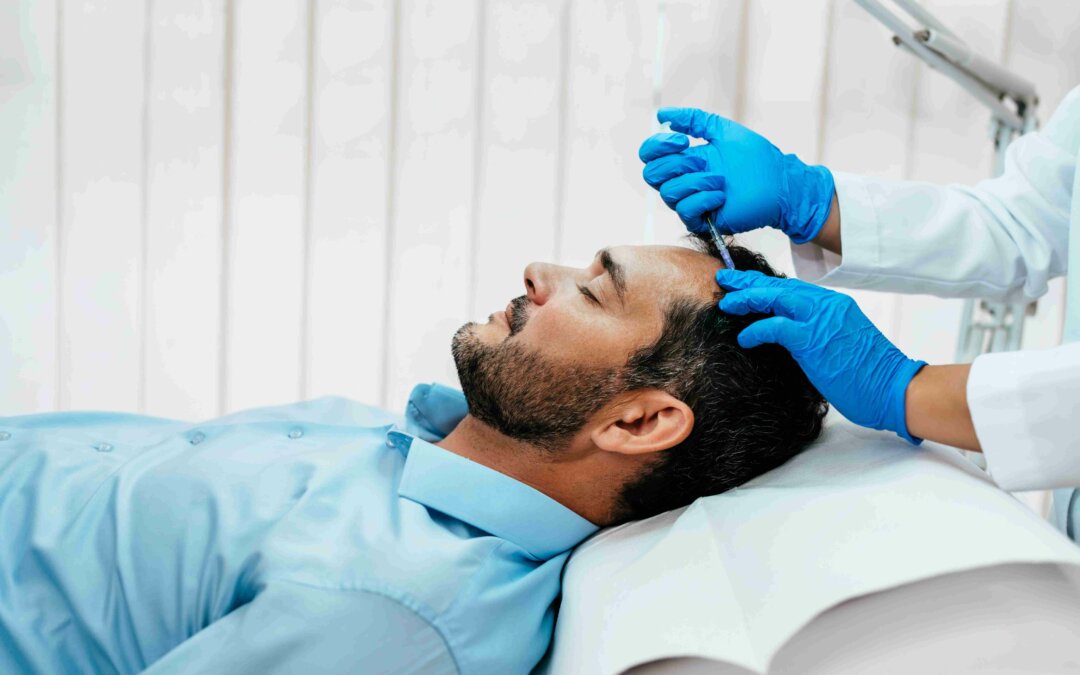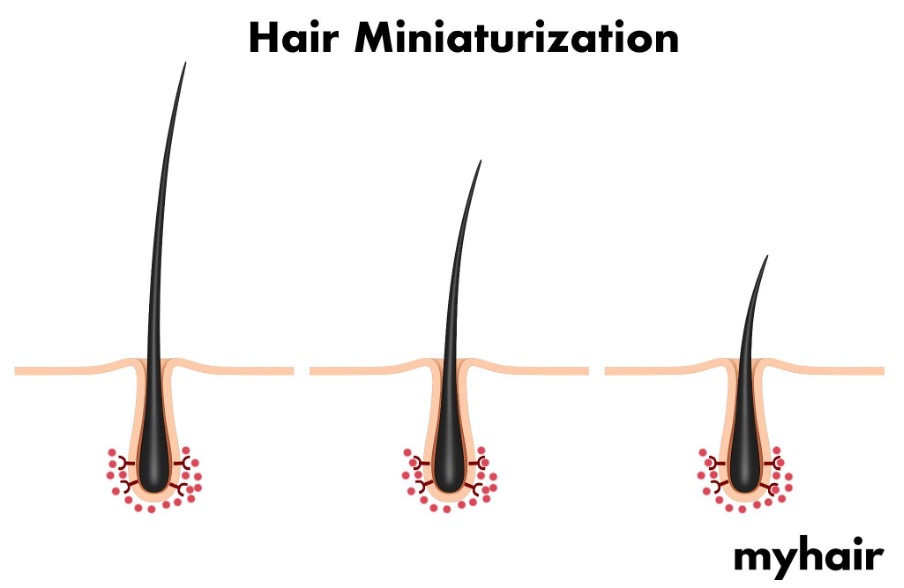You’ve probably heard of a lot of interesting ways to make your hair thicker. Some people coat their heads in raw eggs or olive oil, while others recommend avocado masks and scalp massages.
You’re not alone if you think that some of these strategies sound pretty odd and have doubts that they even work. But actually, most of us grew up believing that one very normal-sounding strategy can make our hair thicker — and it’s actually just another old wives tale.
Does shaving make hair grow thicker?
You’re obviously here because you asked yourself: Does shaving make hair thicker? We all grew up being told that shaving that peach fuzz would make our mustaches grow, so it sounds like it would work on our heads too, right?
According to the Mayo Clinic, the truth is that shaving has absolutely no effect on hair thickness. It doesn’t matter if it’s your mustache or the hair on your head, shaving cannot change hair thickness.
Don’t panic, though – it is possible to have thicker hair. You can either go down the aesthetic route and make your hair look thicker, or put in the time and effort to make your hair strands genuinely thicker.
Can you make your hair thicker?
There are definitely ways to make your hair thicker. The easiest way is to just look like you have thicker hair. Actually growing thicker hair from the roots can be much more of a challenge.
Making your hair look thicker
It’s pretty easy to make your hair appear thicker. An array of products, like certain shampoos and conditioners, hair masks, and texture foams can all make your hair seem thick and voluminous.
These hair care products work in different ways based on what’s in them. Certain products may contain natural ingredients, like rice bran oil, which Hair Oils: The Chemistry and Applications of Sustainable Natural Hair Products, says can thicken your hair.
Other products may contain proteins, which coat your hair strands. These coatings make your hair look thicker until the next time you wash it. This is the same reason people sometimes coat their hair with protein-rich foods, like eggs.
It’s not just natural products that can help make your hair look thicker, though. According to a study from the Dermatologic Clinics journal, certain polymers are also sometimes incorporated into hair care products to make hair look and feel thicker. These work just like proteins, coating your hair strands, and are washed out of your hair each time you clean it. You can often find polymers in products like leave-in conditioners.
Regardless of which product you’re using, all of these tend to work best with the right hair care routine. This means giving your thin hair the right haircut and styling your hair in ways that draw attention away from any thinning areas.
Actually making your hair thicker
In order to truly make your hair thicker, you need to first work out why you have thin hair. It could just be your genetics: Some people grow naturally thick hair, while other people have much thinner hair. For other people, thin hair is due to their lifestyle and can be corrected.
Age is also a determinant: Your hair gets thinner as you get older. That being said, if you have thinning regions of hair and the rest of your hair is thick, this could actually be a sign of hair loss. Working out the exact reason for your thin hair is crucial if you want to correct the problem.
In order to have thicker hair, you need to start at the root…literally. The thickness of your hair is determined right there, at the hair follicle.
Your hair follicle – which you can’t see, as it’s buried in your scalp – is what decides whether you’re going to grow a thin strand of hair or a thick strand of hair. This means that the first step in growing thicker hair is simply determining whether or not you have healthy hair follicles.
Like any other part of your body, your hair follicles are affected by your lifestyle. A bad hair care routine, where you overwash or overtreat your hair (with excessive dyes or heat) can cause you to end up with thin, limp hair.
Your diet can also have a major impact on your hair’s health. If you don’t consume enough essential vitamins and minerals from the foods you eat, your hair follicles and skin won’t be healthy, either.
Some people may even benefit from a dietary supplement. According to the Journal of Research in Pharmacy Practice, the consumption of nutrient supplements containing pantothenic acid (vitamin B5) or zinc sulfate has resulted in increased thicker hair shaft diameters.
Hair loss treatments for thicker hair
The health of your hair follicles isn’t always in your complete control. If you have male pattern hair loss, which is the most common type of hair loss, you might be seeing progressive hair thinning and hair loss around certain parts of your scalp.
Fortunately, there are ways to combat these problems. According to Hair and Scalp Treatments, certain hair loss treatments can widen and stimulate hair follicles. These treatments help stop the progression of hair loss and promote thicker hair growth.
One Food and Drug Administration-approved treatment, minoxidil, is known to help make hair thicker. Studies, like this review published in Drug Design, Development, and Therapy, have reported that this topical treatment can increase the size of hair follicles.
If you suspect you have male pattern hair loss, talk to your doctor immediately. The faster you address the problem and start a hair loss treatment, the better the chance you have of getting your beautiful, thick hair back.
Takeaway
Does shaving make hair thicker? Sadly not – if only thickening hair was that easy! Fortunately, a variety of different products can help.
If you’re just after a temporary fix, a volumizing shampoo or leave-in conditioner might easily do the trick. If you’d prefer a longer-term fix, you’ll likely need to make major lifestyle changes. Eating healthier, maintaining a gentle hair care routine, or starting a hair loss treatment can all help improve your hair’s thickness.





